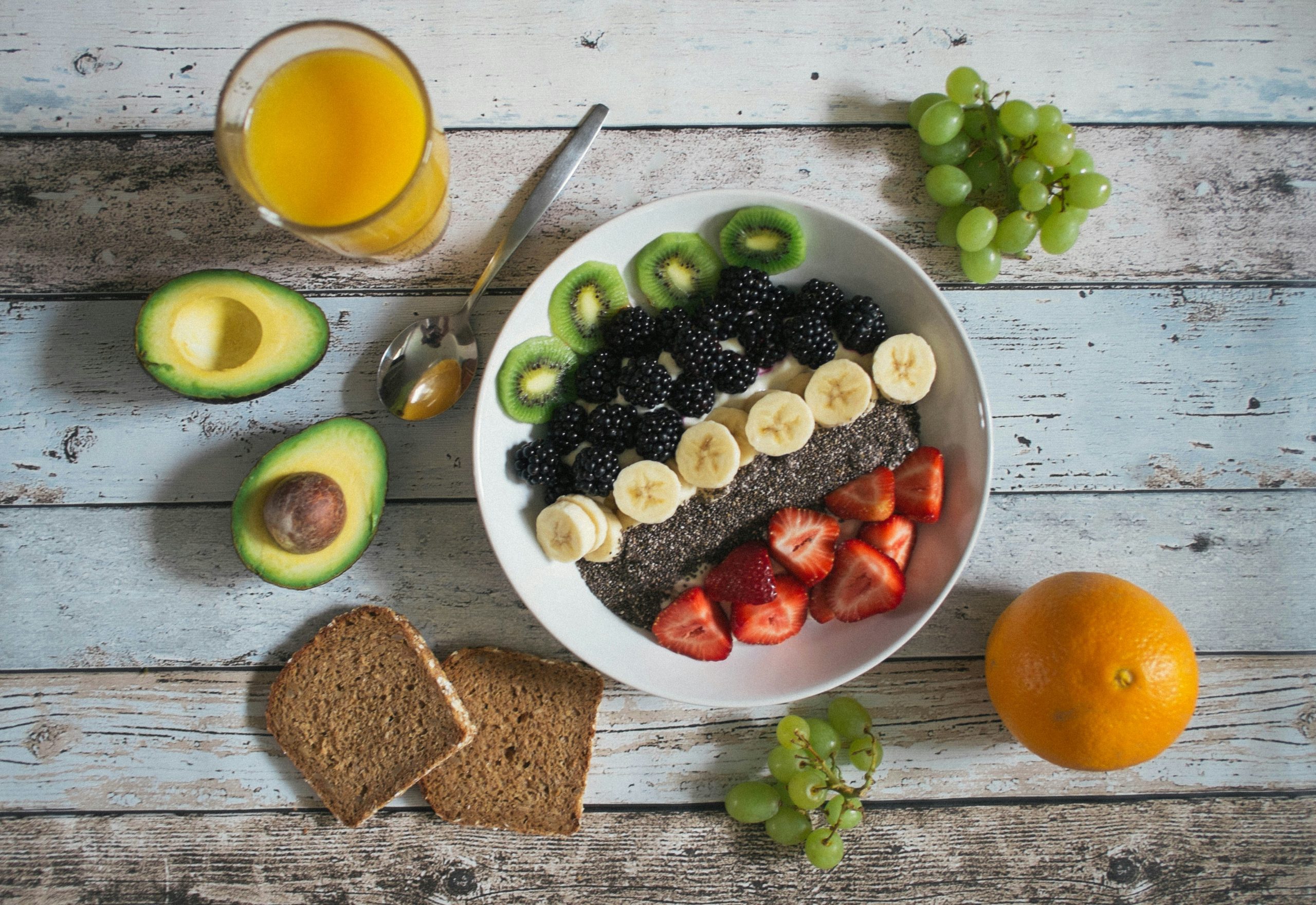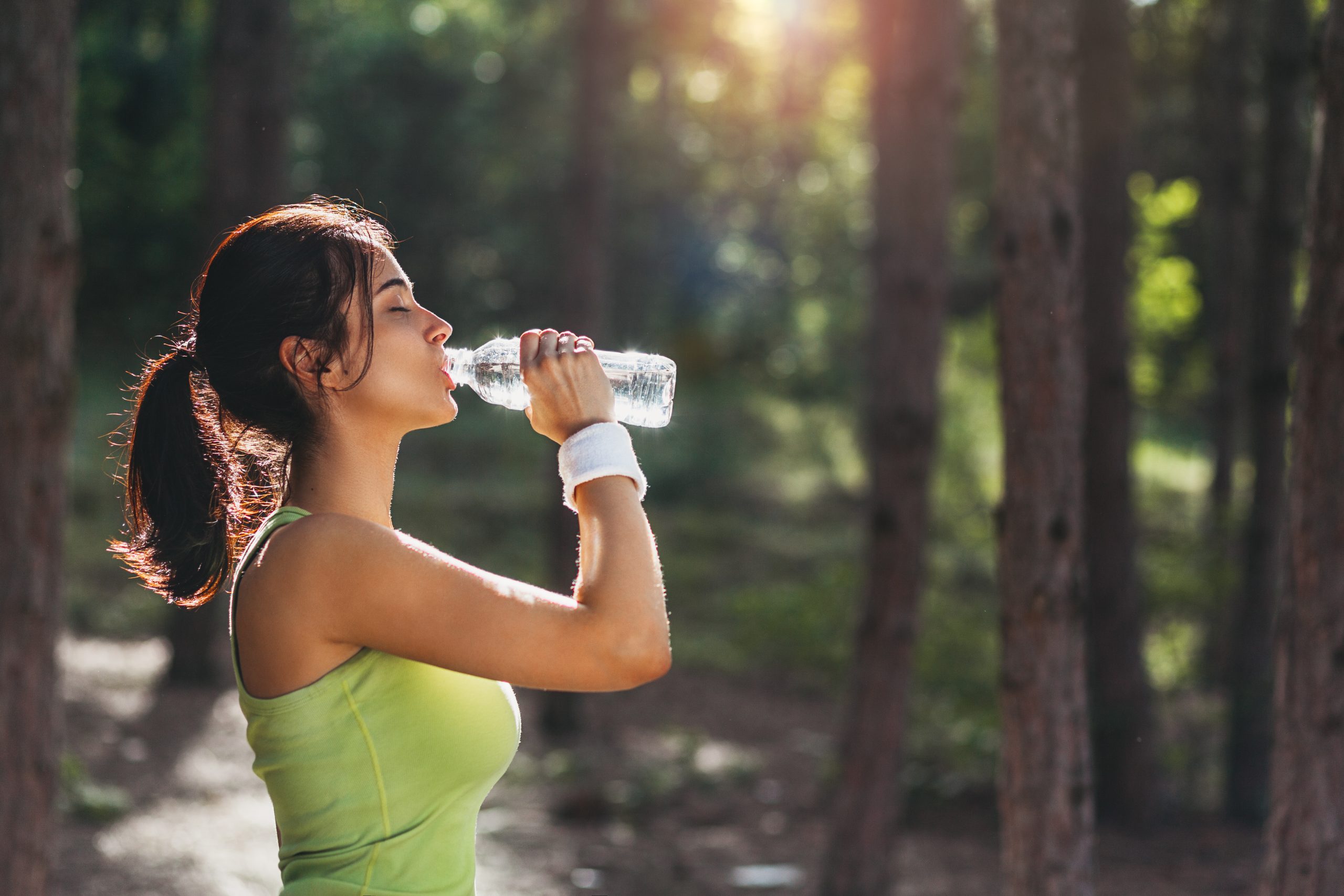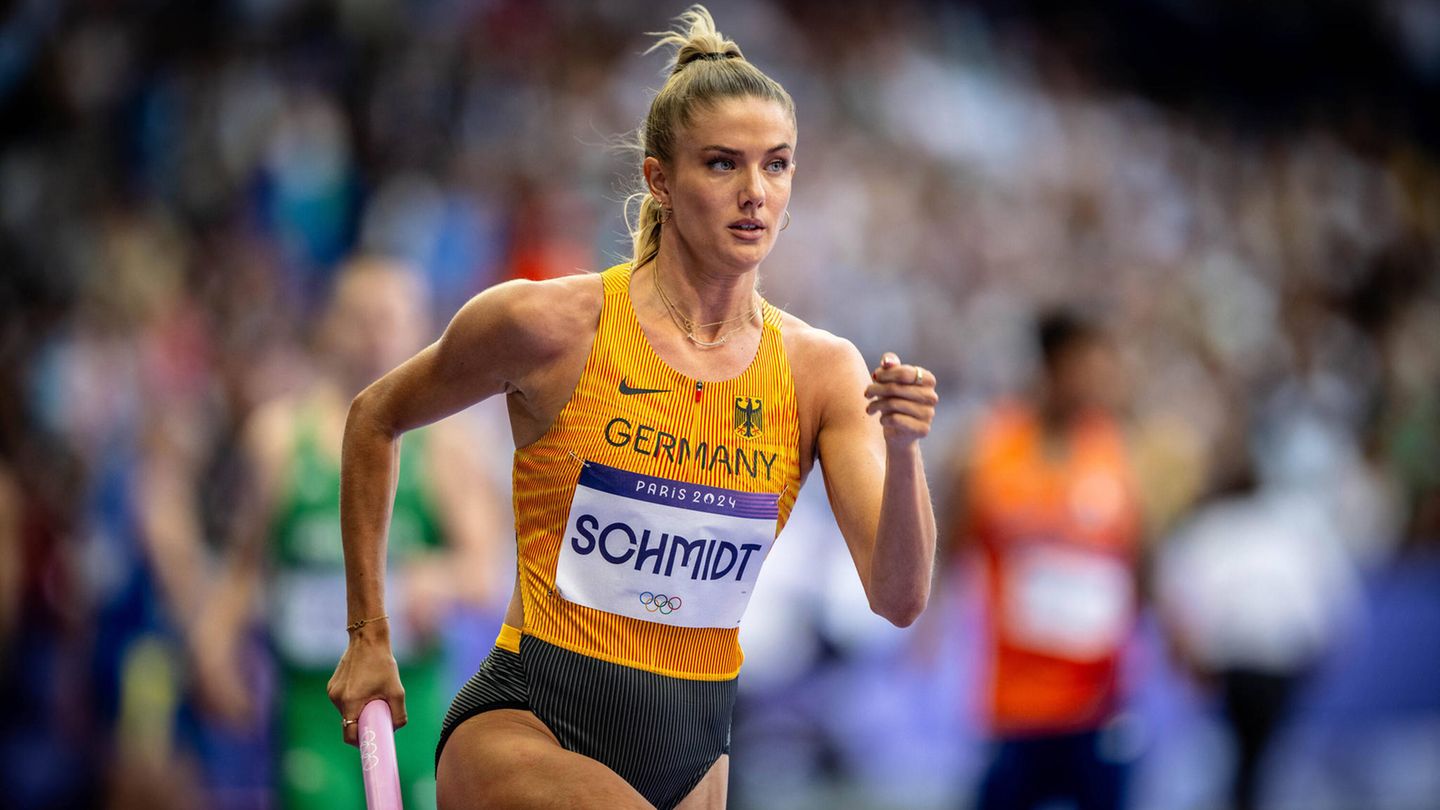Eating the right foods after a workout is essential for recovery and performance. Post-workout nutrition helps your body rebuild glycogen stores and repair muscles. Incorporating a mix of protein and carbohydrates can maximize your recovery and prepare you for your next workout session.
Protein is vital for muscle repair, while carbohydrates play a key role in replenishing your energy levels. Including healthy fats can also support recovery and reduce inflammation. Choosing a balanced meal or snack soon after exercise is important for optimal results.
Key Takeaways
- Post-workout nutrition supports muscle recovery and energy replenishment.
- A mix of protein and carbohydrates is important for effective recovery.
- Staying hydrated aids in overall recovery and rehydration.
Understanding Post-Workout Nutrition
Post-workout nutrition is crucial for your recovery and performance. The right foods help replenish your body’s energy stores, support muscle growth, and maintain hydration. Pay attention to macronutrients, nutrient timing, and hydration to maximize your results.
The Role of Macronutrients
Macronutrients are essential for post-workout recovery. You should focus on three main types: proteins, carbohydrates, and fats.
Proteins are vital for muscle repair and growth. Consuming protein after exercise helps rebuild muscle fibers. Aim for lean sources like chicken, fish, or plant-based options such as beans and lentils.
Carbohydrates restore glycogen levels in your muscles. After working out, your body is ready to absorb carbs efficiently. Include options like whole grains, fruits, or starchy vegetables to refuel your energy.
Fats should be consumed in moderation. Healthy fats, found in avocados, nuts, and olive oil, can provide sustained energy, but they digest slowly. Balance is key; focus primarily on protein and carbs right after a workout.
Nutrient Timing and Metabolism
Nutrient timing can make a big difference in your recovery. Eating within 30 to 60 minutes after exercise is ideal for replenishing nutrients.
During this window, your body’s ability to absorb nutrients increases. This helps refill glycogen stores and promotes muscle repair. If you wait too long, your muscles may not recover as effectively.
A balanced post-workout meal or snack should ideally contain both protein and carbohydrates. A 3:1 ratio of carbs to protein can be effective for muscle recovery. Consider options like a protein shake with a banana or Greek yogurt with berries for quick refueling.
Hydration and Electrolyte Balance
Staying hydrated is critical after a workout. Your body loses water through sweat, so it’s important to drink fluids to replace lost fluids.
Electrolytes, such as sodium, potassium, and magnesium, are also key. They help regulate muscle function and prevent cramping. After exercise, replenish these with sports drinks, coconut water, or salty snacks.
Aim to drink water regularly throughout the day, especially after workouts. Keep a water bottle handy, and listen to your body’s thirst signals to ensure proper hydration.
Protein’s Impact on Muscle Repair
Protein plays a vital role in muscle repair after workouts. It provides the building blocks needed for muscle regeneration. Consuming high-quality protein helps increase muscle protein synthesis, which is essential for recovery and reducing soreness.
High-Quality Protein Sources
For effective recovery, focus on high-quality protein sources. These foods contain all essential amino acids, which are crucial for building and repairing muscle.
Some great options include:
- Chicken: A lean source that provides around 26 grams of protein per 3-ounce serving.
- Greek Yogurt: Contains about 17 grams of protein in a typical serving, plus probiotics for gut health.
- Fish: Salmon not only offers protein but also omega-3 fatty acids that help reduce inflammation.
Include these proteins in your post-workout meals to maximize recovery.
Protein Shakes and Supplements
Protein shakes and supplements can be a quick way to promote muscle recovery. They are convenient, especially after intense workouts when your body needs nutrients fast.
Whey protein is a common choice. It is fast-absorbing and has a high leucine content, which stimulates muscle protein synthesis effectively.
Consider mixing whey protein with water or milk for optimal results. Aim for about 20-30 grams of protein within 30 minutes after your workout for best recovery.
Vegetarian and Vegan Protein Options
Vegetarians and vegans also have plenty of protein options for muscle repair. It’s important to combine various sources to get all essential amino acids.
Some excellent choices include:
- Lentils: About 18 grams of protein per cooked cup. They are also high in fiber.
- Chickpeas: Offers around 15 grams of protein per cooked cup, perfect for salads or hummus.
- Quinoa: A complete protein with about 8 grams per cooked cup.
Incorporating these options helps ensure adequate protein intake for muscle recovery, even without animal products.
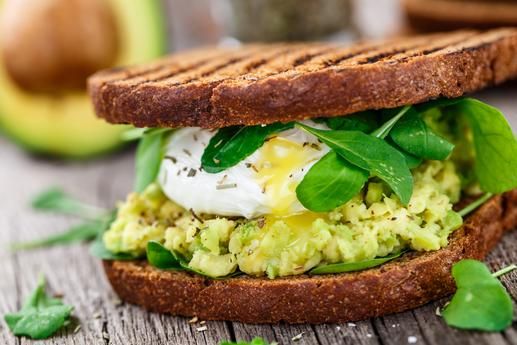
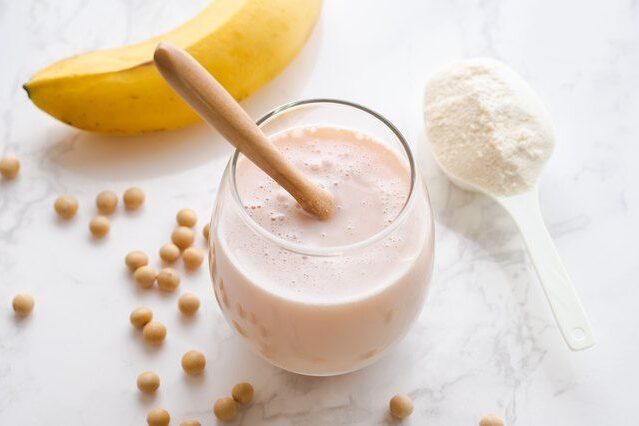
Carbohydrates for Glycogen Replenishment
Carbohydrates play a crucial role in restoring your glycogen stores after a workout. This section covers the benefits of eating carbs post-exercise, the best timing for intake, and ideal food sources to help you recover efficiently.
Benefits of Carbs Post-Workout
Eating carbohydrates after your workout helps to replenish your muscle glycogen. Glycogen is stored in your muscles and is the main source of energy during exercise. When you consume carbs, your body converts them into glucose. This glucose can quickly replenish the depleted glycogen in your muscles.
Restoring glycogen leads to better recovery and prepares you for your next workout. In addition, carbohydrates can help reduce protein breakdown in your body. This makes them an important part of your post-exercise nutrition to support muscle repair and growth. Overall, carbs are vital for maximizing the benefits of your workout.
Timing of Carbohydrate Intake
To optimize glycogen replenishment, you should aim to eat carbs within 30 minutes to an hour after your workout. This timeframe is when your muscles are most receptive to glucose. Consuming carbs during this window maximizes your recovery and helps refuel your energy levels.
If you wait too long after exercising, your body may not efficiently replenish glycogen stores. This can lead to fatigue and slower recovery times. Plan your post-workout meals or snacks to ensure you get the right amount of carbohydrates in time to support your body’s needs.
Ideal Carbohydrate Sources
Choosing the right carbohydrate sources is important for effective glycogen replenishment. Here are some excellent options:
- Sweet Potatoes: Rich in vitamins and energy-boosting carbs, they are great for recovery.
- Quinoa: This grain provides both carbs and protein, making it a good choice for muscle repair.
- Whole-Grain Bread: A convenient option that can be paired with protein sources like eggs or turkey.
Aim for a balanced intake that includes some protein along with your carbs. This combination enhances muscle recovery and helps replenish glycogen stores efficiently.
Smart Fats for Recovery and Inflammation
Eating the right fats after a workout can help reduce inflammation and support muscle recovery. Focus on incorporating healthy fats into your meals for better overall results in your fitness journey.
Omega-3s and Muscle Inflammation
Omega-3 fatty acids are essential for reducing muscle inflammation. These fats can be found in foods like salmon, sardines, walnuts, and flaxseeds.
Adding omega-3s to your diet helps combat soreness that can occur after intense physical activity. Studies suggest that omega-3s can lower levels of muscle pain and swelling by influencing inflammation pathways in the body.
Eating fatty fish like salmon can significantly boost your omega-3 intake. Aim for at least two servings of fatty fish each week to reap these benefits.
Incorporating Healthy Fats into the Post-Workout Meal
Including healthy fats in your post-workout meals is simple. Start with foods rich in monounsaturated and polyunsaturated fats. Examples include:
- Avocado: Spread it on whole-grain toast or add it to smoothies.
- Nuts and seeds: Snack on almonds, chia seeds, or flaxseeds.
- Fatty fish: Enjoy grilled salmon or tuna with your favorite sides.
Try to create balanced meals that integrate these fats with proteins and carbohydrates. For instance, pair grilled chicken with avocado and quinoa. This combination supports recovery while providing energy for the next workout.
Rehydration and Recovery Strategies
Hydration is a key component of recovery after a workout. Proper rehydration helps restore fluid levels and supports muscle recovery. Several effective strategies can enhance your post-exercise recovery process.
Importance of Water and Recovery Liquids
After a workout, your body needs to replenish lost fluids. Water is essential, but sometimes plain water isn’t enough. Sports drinks or recovery liquids containing electrolytes can help maintain balance, especially after intense exercises.
Popular recovery options include:
- Electrolyte drinks: These restore essential minerals lost through sweat.
- Coconut water: A natural source of electrolytes and hydration.
- Chocolate milk: This offers a good mix of carbs and protein, helping with muscle repair and replenishment.
Fruits like watermelon are also excellent for rehydrating. They contain high water content and essential nutrients that aid in recovery.
Post-Exercise Recovery Techniques
Effective recovery techniques can speed up your return to peak performance. Here are some methods to consider:
- Foam Rolling: This helps relieve muscle tension and improve blood circulation, which is vital after a workout.
- Massage: A massage can reduce soreness and enhance flexibility by relaxing tight muscles.
In addition to these techniques, ensure you eat a balanced meal rich in protein and carbs within 30 minutes of finishing your workout. This combination supports muscle recovery and energy restoration. Prioritizing hydration and recovery techniques helps you feel better for your next workout session.
